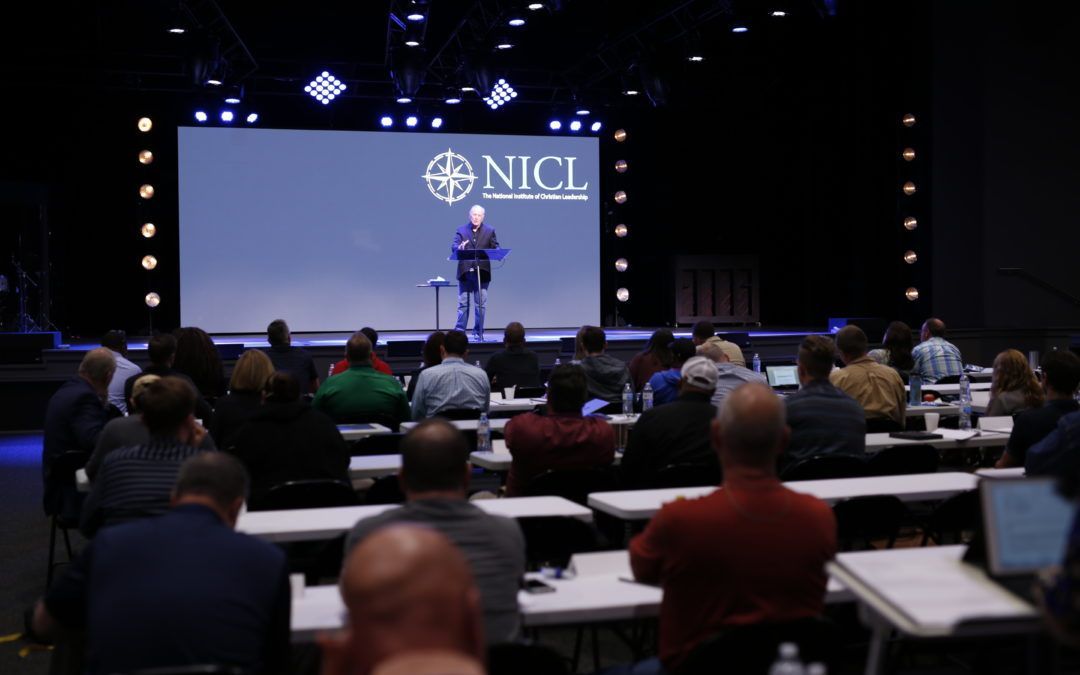Ancient Hebrew and 21st Century Flex-Leadership
Great leadership is multidimensional. The facets of the jewel of leadership are wonderfully on display in the Hebrew Bible. Nuanced words used at different places in the Old Testament reveal different aspects of leadership, or perhaps different types of leadership needed in different seasons. Some may say leadership is leadership but that is certainly not the case. Speed, pace, tone, volume; all these and other variables determine what leadership means in various contexts. I have identified multiple Hebrew words used in different places to speak of different aspects of leadership. I believe there are six such words.
I. Balak- (Job 38:28) “Does the rain have a father or who has begotten (Balak) the dew?”
Balak means to bear or bring forth, to create. The creative leader is productive. He is causational, not just maintaining but generative. This is the rainmaker leader to be sure but also the leader who unleashes the creativity of others. Often unconventional or at least innovative, this creative leader appreciates the opportunity easily missed by more conservative thinkers. This leader is also more likely to “beget” other creative leaders.
The major factor which can inhibit this aspect of leadership is fear and its expression which is conformity. The fearful leader will miss opportunity, play it safe, has a low risk tolerance and may well cause stagnation in his own organization. Such a leader may also squelch innovative leaders in the organization and send them looking for a more creative environment.
II. Nahal- (Psalm 31:3) “You are my rock…. lead me and guide(Nahal) me.”
This beautiful word bespeaks the perfect picture of the servant-leader. To use an old railroad expression, it summons the image of the conductor. Caring for those in his stewardship, genuinely concerned for their well-being and making sure they arrive safely where there should be, the good shepherd of Psalm 23:2 leads (Nahal) us in the paths of righteousness.
The major inhibitor slowing the leader’s ability to develop Nahal is self-interest. The authentic servant-leader guides his charges sacrificially.
III. Nahag- (Psalm 5:8) “He drove (Nahag) all his livestock ahead of him…” NIV
This is the aspect of leadership nobody wants to mention anymore. It means to drive, to push forward, to urge onward the reluctant or plodding. In this touchy-feely age of ever so soft leadership language, Nahag is out of fashion. The problem is that there will be times when the leader needs this tool in the box. It must be used sparingly and, of course, as gently as possible. None the less, there are times when every leader will have to firmly nudge followers on, sometimes at a pace they find difficult and demanding.
The prime inhibiting factor in the use of Nahag is loss of focus. The distracted leader, not sensing the urgency of the moment will fail to press the team on. This means energy subsides and opportunity, which with a momentary season of straining could have been achieved, will tragically be missed.
That is the first three of the six Hebrew words for leadership. I teach a full lecture at the National Institute of Christian Leadership entitled Ancient Hebrew and the 21st Century Flex-Leader. I hope this brief snippet intrigues you. Let me also invite you or someone whose leadership you care about to take part in the NICL.
Become a more effective leader today
Whether you want to expand your influence, grow your church, re-launch your ministry or even earn credit hours towards your Masters degree, the NICL will give you the preparation, training and tools you need to make this a year of growth.









